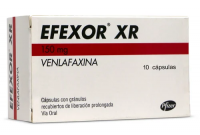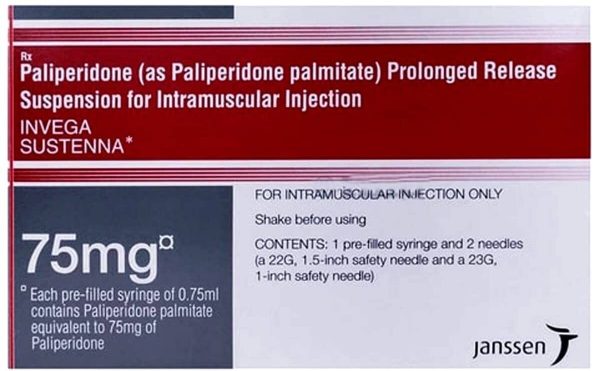3 min read
Geographically, Houston is one of the most populous cities in Texas and fourth in the United States. Moreover, it is an industrial center and home to dozens of oil and gas companies in the US. Therefore, if you live in Houston, you might have questions about Houston tap water quality. Is it excellent to consume or too bad to be used?
This article will help you find out where the water in Houston comes from, its quality, and whether it’s safe for you to drink or not. So, read on!
Origin of Tap Water and Drinking Water in Houston
Considering the number of oil and gas companies, you would want to know if the water quality in Houston is good or if it has been contaminated. In general, the tap water in Houston comes from various surface and groundwater systems, including several rivers and lakes.
Part of the water supply for Houston tap water comes from Lake Livingston, Lake Conroe, and Lake Houston. These three lakes are fed by the Trinity River and the San Jacinto River.
In addition, Houston’s water supply and operations are overseen by Houston Public Works. In other words, you can probably rest a little easier knowing that the quality of Houston tap water is taken care of by the local government.
More than that, depending on where you live in Houston, you can get your water supply from one of the six public water systems below.
- Main System
- Kingwood
- Willow Chase
- District 73
- District 82
- Belleau Wood
After all, each of these public water systems is supplied with water from a different source. This means that the concentration of water contaminants present in your drinking water or tap water can be different depending on where you live in Houston.
Types of Houston Tap Water Quality
Just as most bodies of water in the United States have hard water quality, so does Houston. For the uninitiated, hard water is water that comes from groundwater filtered through rocks made of calcium and magnesium. As the rocks erode, they are absorbed into the water and make it hard water.
Houston is known for its hard water because most of the city’s drinking and tap water comes from groundwater sources, not surface water. In addition, the city relies on 55 groundwater treatment plants to supply water to more than 2 million customers.
Basically, hard water is not detrimental to your health and can even add healthy mineral value to your food or drink. Unfortunately, hard water can be a bit of a nuisance. It can stress your water-based appliances, clog your pipes and faucets, and create soap scum.
The Condition of Houston Tap Water Quality
Basically, Houston is a member of the American Water Works Association (AWWA). Considering this fact, it is certain that the government of this city voluntarily exceeds the minimum regulatory standards regarding the quality of drinking water that will be delivered to you, customers, and other households.
In addition, there is also good news that Houston’s tap water quality has a low level of contamination making it safe for you to drink. Water contamination can usually be tracked by measuring the levels of coliform bacteria, like E. Coli. Meanwhile, water pollution is usually caused by the presence of non-coliform bacteria.
According to a 2018 study conducted to check the quality of one of Houston’s largest counties, Harris County. This study found that 150 out of nearly 63,000 water samples contained coliform bacteria (0.24%). Even so, it is still important for you to always check and ensure the Houston tap water quality that you will drink.
In 2021, Houston Public Works shared a Drinking Water Quality Report that warned about arsenic levels in Houston water. In the report, it was explained that some drinking water in the Houston area contains low levels of arsenic that may have a significant impact on health.
Due to the adverse health effects of bacteria and contaminants, having an eye on what you drink is a must. If you want a safe and easy way, you can use a water softener or filter to remove contaminants in Houston’s drinking water.
Contaminants in Houston Water Do Not Occur Naturally
In fact, not all contaminants contained in Houston water are naturally occurring such as arsenic. Instead, water contamination in the city of Houston comes from pollutants that come from agriculture, urban runoff, and even factories. Below are some examples of non-natural contaminants that affect Houston tap water quality.
- Chromium which is usually found in industry
- Pesticides used in agriculture and urban runoff
- Herbicides such as atrazine that come from agricultural waste and urban runoff
- Fertilizer chemicals such as nitrates
- Xylene, meaning a petroleum-based solvent widely used in factories. Contaminants that can cause headaches, dizziness, nausea, confusion, and even death if consumed at high levels
- Radium, is a radioactive element commonly used in oil and gas production. This contaminant is claimed to cause anemia, cataracts, broken teeth, cancer, and death at high concentrations.
- Barium which is a contaminant that can increase the risk of cardiovascular and hypertension
In addition to agricultural and factory waste, garbage is also one of the causes of water pollution in Houston. The garbage that comes from each resident also plays an important role in the condition and Houston tap water quality. So, please dispose of garbage in its proper place to maintain the Houston water quality.
Have You Known the Houston Tap Water Quality?
In conclusion, if you are a person who lives or will be living in Houston, understanding the water quality in this city is important. After all, Houston is one of the most densely populated cities in Texas with numerous oil and gas companies. For that, the city’s water quality is certainly a question mark.
Some reports suggest that the water quality in some areas of Houston is contaminated with arsenic and other contaminants. If where you live is one of the areas with poor water quality, then you can use a water softener or filter to get good Houston tap water quality.
Bagikan










